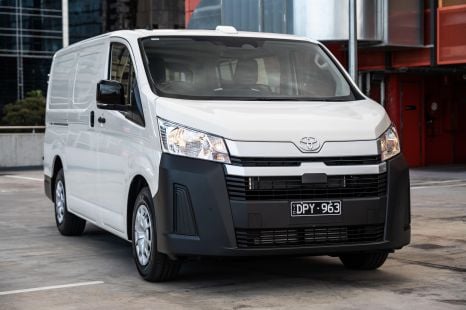

Max Davies
2026 Toyota HiAce review
6 Hours Ago

Journalist
Ford will stop making new cars in India after years of losses, and the collapse of a proposed joint venture with Mahindra.
Overnight the company announced it will stop building cars for the Indian market immediately, but exports will continue for a little while yet.
The automaker currently operates two car and engine factories in country.
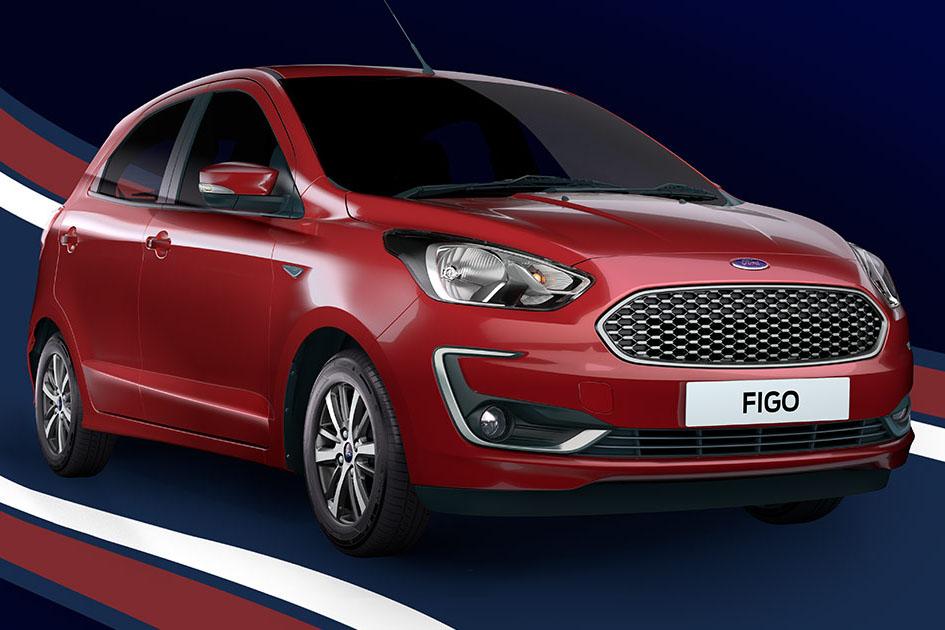
The Sanand factory in the country’s north-west produces the Figo hatch — often known as the Ka or Ka+ in export markets — as well as the closely related Aspire sedan and Freestyle hatch-crossover.
Sanand will cease all car production in the fourth quarter of 2021, but the engine plant will remain in operation making motors for the Ranger ute.
In the south, the Chennai plant produces EcoSport crossover and the Endeavour, an SUV we know as the Everest. Chennai will stop engine and car production during the second quarter of 2022.
These models are the entirety of Ford’s range in India.
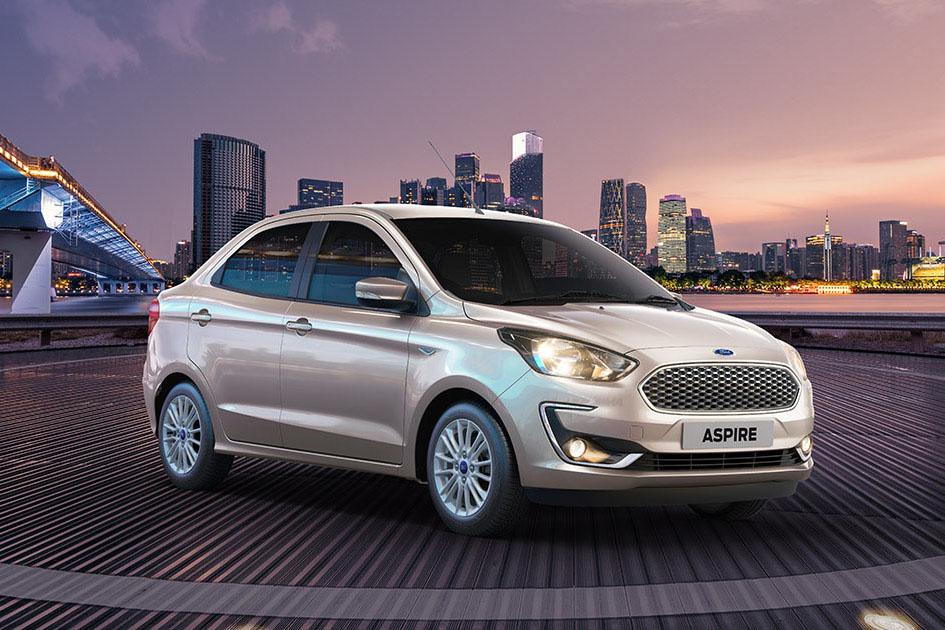
According to Autocar, Ford’s Indian factories were producing roughly 800,000 cars per year, well short of their four million capacity.
While around half of the cars made were sent overseas, utilisation rates are poor with the factories said to be capable of producing up to four million cars per annum.
Ford says it has lost over US$2 billion ($2.7 billion) over the last ten years in India, and wrote down the value of its assets there by US$800 million ($1.1 billion) in 2019.
Due to these factors, Ford and Mahindra created a joint venture in 2019 to develop and make cars for both brands. This deal collapsed a year later after bearing no fruit.

Similar to the scenario when Ford Australia finished local manufacturing in 2016, Ford will retain a large presence in the world’s second most populous nation.
Through its Business Solutions arm — which focuses on software design, research and development, accounting, and data science — Ford India will retain the title of Ford’s second largest salaried workforce.
Indeed, Ford Business Solutions says it is looking to add more people to its Indian payroll, beyond the roughly 11,000 it employs today.
Ford India will also retain some of its dealership network to handle servicing, and to sell a new range of “iconic vehicles”, including the Mustang, Mustang Mach-E and Ranger.
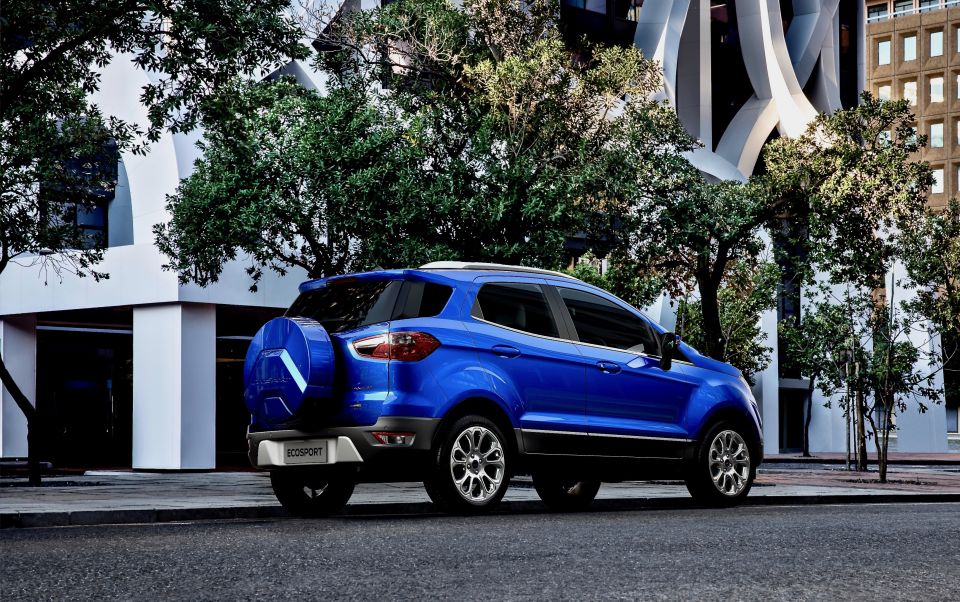
The British magazine believes some of these vehicles will be assembled in India from completely knocked down kits to avoid the country’s harsh tariffs.
Imported vehicles under around $55,000 attract a 60 per cent tariff, while cars over this price are slugged with a 100 per cent tariff.
Since the Indian economy was opened up in the 1990s, many automakers have tried to break Maruti Suzuki’s stranglehold on the local market, but the Japanese-Indian firm retains a market share of around 50 per cent.

Ford isn’t the first manufacturer to end car production in India, with GM ending local sales in 2017 and ceasing export manufacture in 2020.
Hyundai, Honda, Nissan, Toyota, Renault, Volkswagen/Skoda, Mahindra, Tata, and, of course, Maruti Suzuki all continue to make cars in India.
Where expert car reviews meet expert car buying – CarExpert gives you trusted advice, personalised service and real savings on your next new car.
Derek Fung would love to tell you about his multiple degrees, but he's too busy writing up some news right now. In his spare time Derek loves chasing automotive rabbits down the hole. Based in New York, New York, Derek loves to travel and is very much a window not an aisle person.


Max Davies
6 Hours Ago
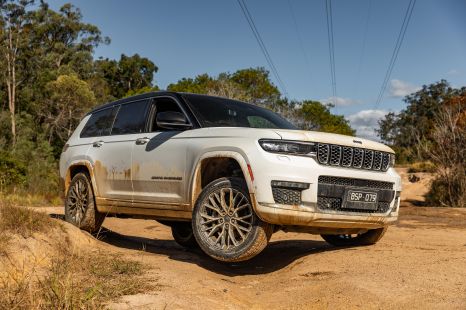

William Stopford
22 Hours Ago
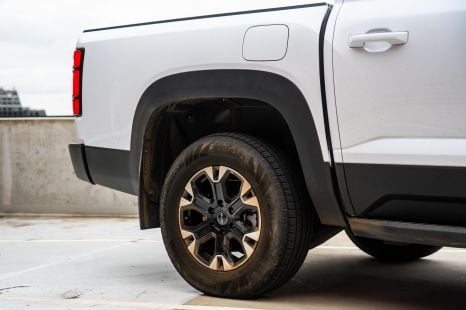

Ben Zachariah
23 Hours Ago
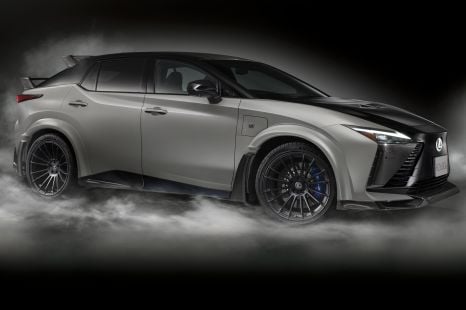

Derek Fung
24 Hours Ago
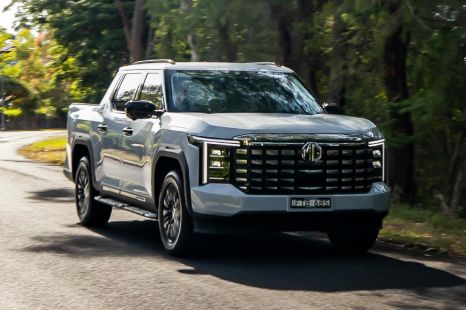

Matt Campbell
1 Day Ago
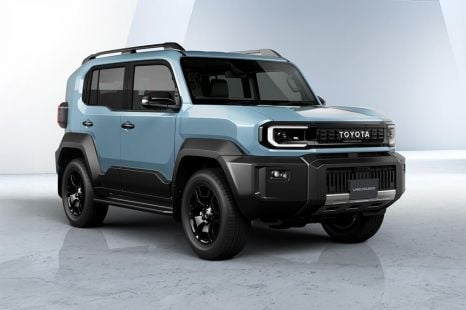

William Stopford
2 Days Ago